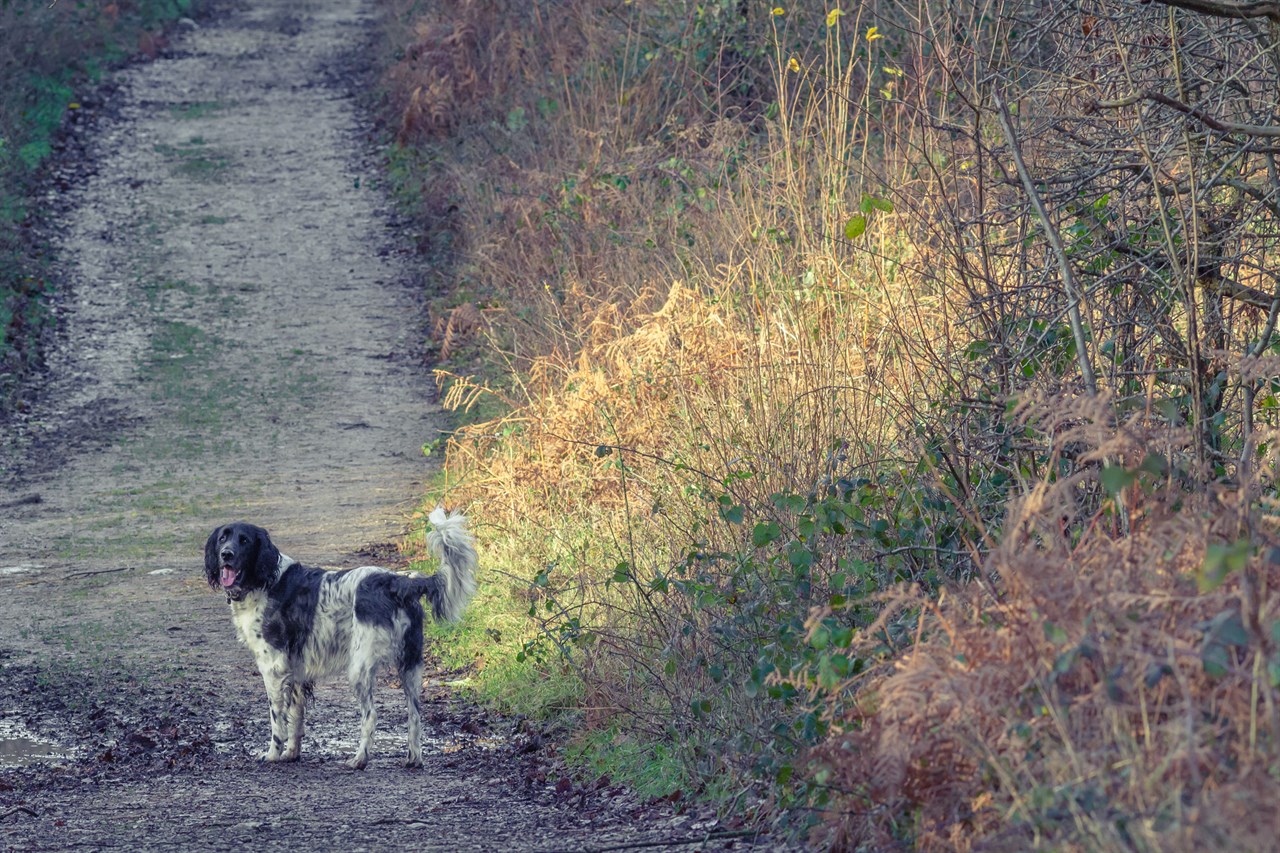Sleeping Requirements and Habits of the Large Munsterlander: Restful Companions

Understanding a dog's sleeping requirements and habits is crucial for ensuring their overall well-being and comfort. The Large Munsterlander, like many breeds, has specific sleeping needs and behaviours that are influenced by their age, activity level, and environment. Here's a closer look at the sleeping requirements and habits of the Large Munsterlander.
Sleep Duration
The Large Munsterlander, like most dogs, spends a significant portion of their day sleeping. Puppies and younger dogs generally require more sleep than adults or seniors. Puppies may sleep anywhere from 18 to 20 hours a day, while adult Large Munsterlanders may sleep around 12 to 14 hours a day.
Age-Related Variations
Puppies have higher energy levels and shorter attention spans, which means they may need to take more frequent naps throughout the day. As dogs mature into adulthood, their sleep patterns become more consolidated into longer nighttime sleep and shorter daytime naps.
Environment and Routine
The sleep patterns of Large Munsterlanders can be influenced by their environment and daily routines. They often adapt to their owner's schedules, sleeping when their human family members are less active.
Comfortable Sleeping Spots
Provide comfortable and safe sleeping spots for your Large Munsterlander. Many dogs enjoy having a designated bed or crate where they can rest undisturbed. Consider a cosy, cushioned bed in a quiet, low-traffic area of your home to give your dog a comfortable place to sleep.
Nighttime Sleep
Dogs are crepuscular animals, meaning they are most active during dawn and dusk. Large Munsterlanders often prefer to sleep at night when the household is quiet. Ensure that your dog has a quiet and comfortable sleeping area at night, and establish a bedtime routine to signal that it's time for sleep.
Sleeping Position
Dogs, including Large Munsterlanders, can assume various sleeping positions, such as curling up, stretching out, or resting on their sides. These positions may change depending on their comfort and temperature.
Exercise and Mental Stimulation
Adequate exercise and mental stimulation during waking hours can help your Large Munsterlander sleep more soundly at night. A tired dog is more likely to have a restful sleep.
Health Considerations
Keep an eye on your dog's sleep habits. Any significant changes in their sleeping patterns, such as excessive sleepiness or difficulty sleeping, could indicate health issues that require attention.
In conclusion, the sleeping requirements and habits of the Large Munsterlander are influenced by their age, activity level, and environment. Ensuring that they have comfortable sleeping spots, a quiet sleeping area at night, and a balanced daily routine can help promote restful sleep and contribute to their overall well-being. Remember that individual dogs may have unique sleep patterns, so it's essential to observe and accommodate your Large Munsterlander's specific needs and preferences.
Large Munsterlander puppies for sale
- Find Large Munsterlander puppies for sale in ACT
- Find Large Munsterlander puppies for sale in NSW
- Find Large Munsterlander puppies for sale in NT
- Find Large Munsterlander puppies for sale in QLD
- Find Large Munsterlander puppies for sale in SA
- Find Large Munsterlander puppies for sale in TAS
- Find Large Munsterlander puppies for sale in VIC
- Find Large Munsterlander puppies for sale in WA